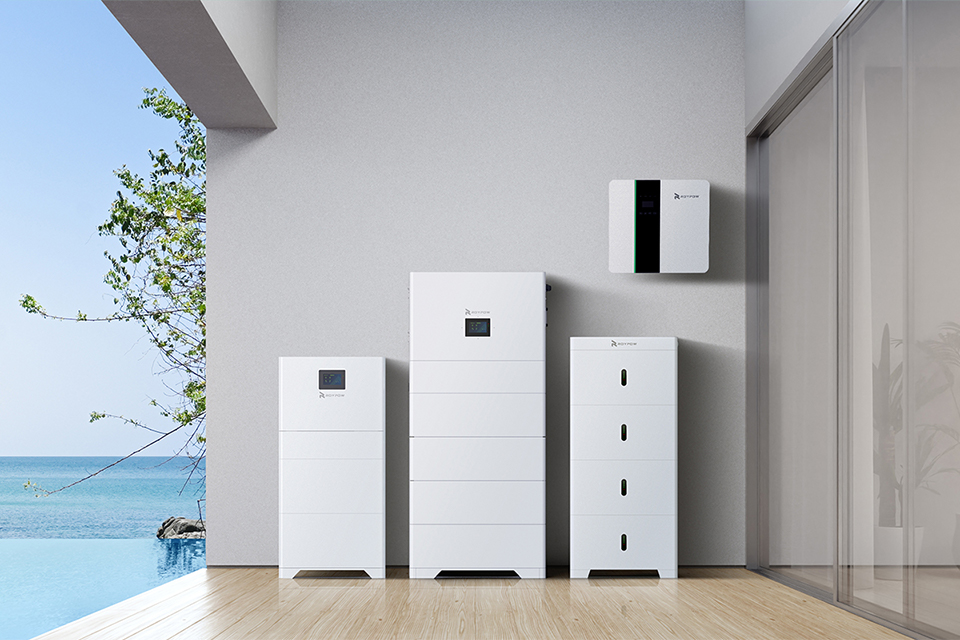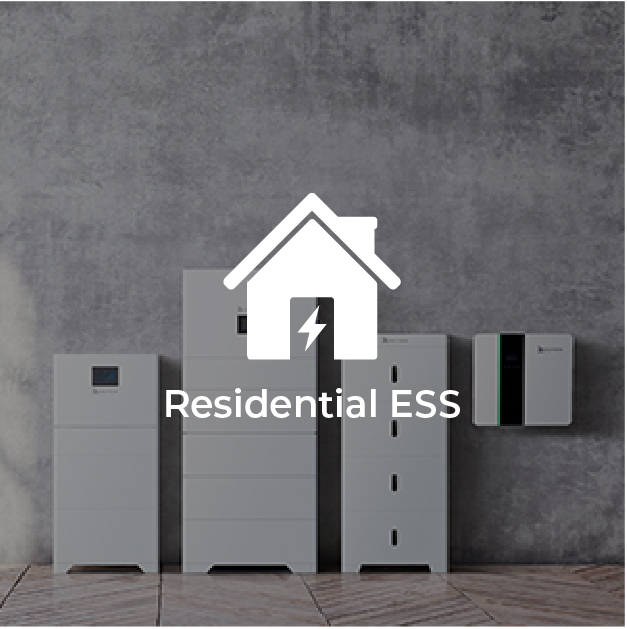While no one has a crystal ball on how long home battery backups last, a well-made battery backup lasts at least ten years. The high-quality home battery backups can last for up to 15 years. Battery backups come with a warranty that is up to 10 years long. It will state that by the end of 10 years, it should have lost at most 20% of its charging capacity. If it degrades faster than that, you will receive a new battery at no extra cost.
Factors That Determine the Longevity of Home Battery Backups
The lifespan of home battery backups will depend on various factors. These factors are:
Battery Cycles
Home battery backups have a set number of cycles before their capacity begins degrading. A cycle is when the battery backup charges to full capacity and then discharged to zero. The more cycles home battery backups go through, the less they will last.
Battery Throughput
The throughput refers to how many units of power are discharged from the battery in total. The unit of measure for throughput is often in MWh, which is 1000 kWh. In general, the more appliances you connect to the home battery backup, the more the throughput.
A higher rate of throughput will significantly degrade home battery backups. Consequently, it is advisable to power only essential appliances during power outages.
Battery Chemistry
There are various types of home battery backups in the market today. They include lithium-ion batteries, lead-acid batteries, and AGM batteries. Lead acid batteries were the most common type of home battery backups for years due to their relatively low cost.
However, lead-acid batteries have a lower depth of discharge and can handle fewer cycles before they degrade. Lithium batteries, despite their higher initial cost, have a longer lifespan. Additionally, they occupy less space and are lighter.
Battery Temperature
Like most devices, extremes in temperature can severely degrade the operational life of home battery backups. It is especially so during extremely cold winters. Modern home battery backups will have an integrated heating unit to protect the battery from degradation.
Regular Maintenance
Another important factor in the lifespan of home battery backups is regular maintenance. The connectors, water levels, wiring, and other aspects of the home battery backups need to be checked by an expert on a regular schedule. Without such checks, any minor issues could quickly snowball, and several degrade the home battery backups’ lifespan.
How to Charge Home Battery Backups
You can charge home battery backups using an electric outlet or solar energy. Solar charging requires an investment in a solar array. When charging via an electric outlet, ensure you use the right charger.
Mistakes to Avoid When Getting Home Battery Backups
Here are some common mistakes people make when purchasing and installing home battery backups.
Underestimating Your Energy Needs
A typical home will consume up to 30kWh of power per day. When estimating the size of home battery backups, make a careful calculation of the power consumed by essential electrical appliances. For instance, the AC unit consumes up to 3.5 kWh per day, the fridge consumes 2 kWh per day, and the TV can consume up to 0.5 kWh per day. Based on these calculations, you can pick an appropriately sized home battery backup.
Connecting the Home Battery Backup Yourself
When installing a home battery backup, you should always consult an expert. It is especially so if you are using solar panels to power the system. Additionally, always consult the battery system manual to understand how it works. It will also contain useful safety guidelines. Charging time for the home battery backup will vary based on the current capacity, its overall capacity, and the charging method used. In case of an issue, call an expert to check it.
Using the Wrong Charger
A home battery backup needs to be connected to the right type of charger. Failure to do that can lead to overcharging of home battery backups, which will degrade them over time. Modern home battery backups have a charge controller that carefully controls how they are charged to preserve their lifespan.
Choosing the Wrong Battery Chemistry
The allure of a low upfront cost often leads people to choose the lead-acid battery type for their home battery backups. While this will save you money right now, it will need to be replaced every 3-4 years, which will cost more over time.
Using Mismatched Batteries
One of the biggest mistakes you can make with home battery backups is using different types of batteries. Ideally, all batteries in the battery pack should be from the same manufacturer of the same size, age, and capacity. A mismatch in the home battery backups could lead to undercharging or overcharging of some of the batteries, which will degrade them over time.
Summary
Get the most out of your home battery backups by following the tips above. It will allow you to enjoy a reliable power supply during power outages in your home for years to come.
Related article:
How to store electricity off the grid?
Customized Energy Solutions – Revolutionary Approaches to Energy Access
Maximizing Renewable Energy: The Role of Battery Power Storage



















